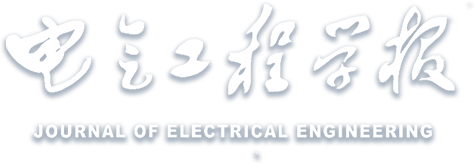Abstract:
In recent years, China is continuing to develop large-scale electrification in many fields of transportation industry, which puts forward higher requirements for driving equipment. In order to meet the new requirements of new vehicle, applying advanced control strategy is an important aspect. Compared to other control strategies, predictive power control is a potential control strategy for induction motor without cost function weight coefficient and rotor position angle detection. In order to facilitate the promotion and application of predictive power control strategy for induction motor, a predictive power control tuning strategy is proposed. In this strategy, the motor speed loop and magnetic chain loop control models are established first, and then the corresponding discrete domain transfer function is derived. On this basis, the PI control parameter design method based on sampling frequency, expected bandwidth and motor parameters is given. The final simulation results show that predictive power control can achieve good control effect without weight coefficient, and the proposed parameter design method can effectively simplify parameter design steps and reduce the complexity of system design.


 下载:
下载: